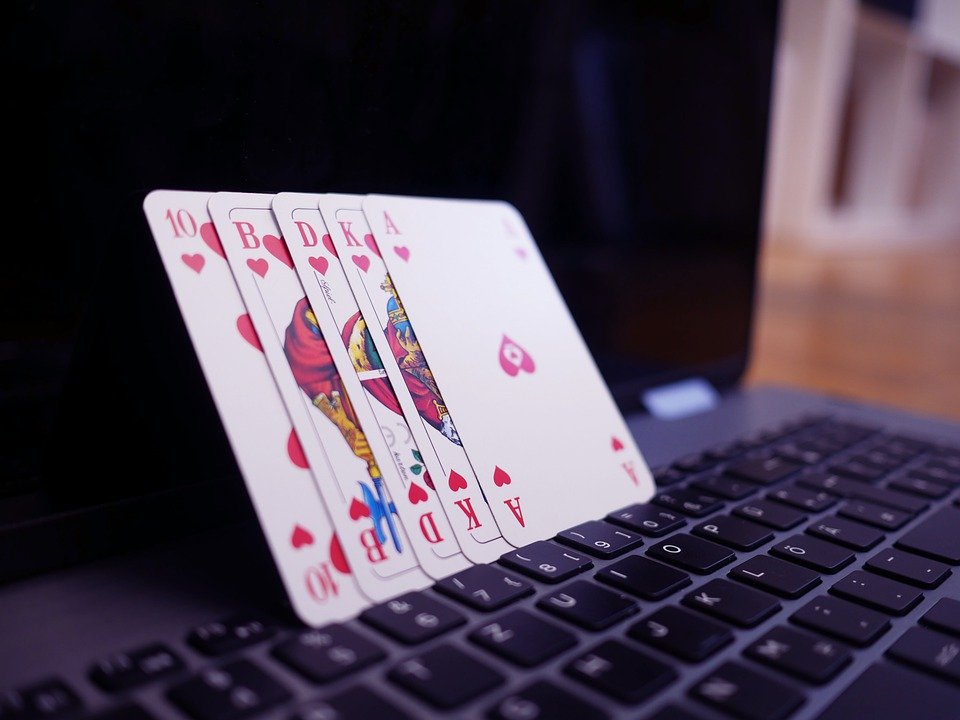
Online poker continues to be one of the most popular games in the U.S., with millions playing every day. In 2021, the state of Michigan earned a total of $201.67 million in taxes, of which poker was a portion. Whether for entertainment, practicing strategies, or competing in tournaments, it’s a game that gathers people from all walks of life.
Online poker wasn’t a big thing until 2003, when a man from Tennessee named Chris Moneymaker qualified online for the 2003 World Series of Poker (WSOP) main event and ended up winning the championship. This sparked the poker boom as more people tried their luck at the game, with some even competing on a professional level to try and win millions. But in 2011, the boom went bust on Black Friday when the government jumped in and put a halt to the entire online gaming industry, thus Americans lost confidence in the online gaming sector.
More than a decade has passed, and online poker is now back on the rise. Americans are slowly regaining trust in online poker, and many have begun to test out the waters with some websites. You are probably still wondering, “is it really safe?” Read on to find out.
1. Legality
Strictly speaking, online poker isn’t legal in every state, but that’s got nothing to do with the providers; it’s due to individual state legislation. Not every state allows online poker, but many are at least beginning to open discussions about it. As a result, poker legalization is happening slowly in the US; poker enthusiasts can either sit around and wait or travel to states where it is legal. As of this writing, seven states have legalized online poker: Nevada, New Jersey, Michigan, Pennsylvania, Connecticut, Delaware, and West Virginia.
Since these states have passed legislation for online poker, playing poker with real money online is completely legal and safe. Whether you are on a home computer or mobile device, so long as you are located within state lines, you are safe to engage in online poker.
2. Authenticity
There is a myth that says online poker is rigged — you can’t win, and the house is cheating. While there may have been instances in the past that revealed a house was cheating, current regulations make it virtually impossible for operators to cheat. So long as the online poker site is legitimate, it must operate under strict oversight by the state’s appointed gambling authority. For example, in the state of Nevada, The Nevada Gaming Commission and the Nevada Gaming Control Board comprise a two-tiered system charged with regulating the Nevada gaming industry. It is authorities like these that ensure criminal activity does not go overlooked, thus protecting all those that partake in gaming.
3. Security
Playing poker online is just like playing in a real casino, as you’ll be playing with real money. The main difference is that you’ll be required to enter personal data and financial information, so the security of the website must be certified. The best way to ensure this is to only enter into websites with URLs that begin with “https” and not “http.” The letter “s” in the first set stands for secure, and the site is using a Secure Sockets Layer (SSL) Certificate. This verifies that all of your information and communications are encrypted, and the security is top-notch. On the other hand, if you ever see “Login not secure” or “Payment not secure”, it is a dangerous site and using it will likely expose your personal information. Close the website immediately!
Online poker is actually safer than many things, like hiking the tallest mountains. So long as you follow the tips we’ve mentioned, you can enjoy playing online poker from the convenience of your home.



Leave a Reply